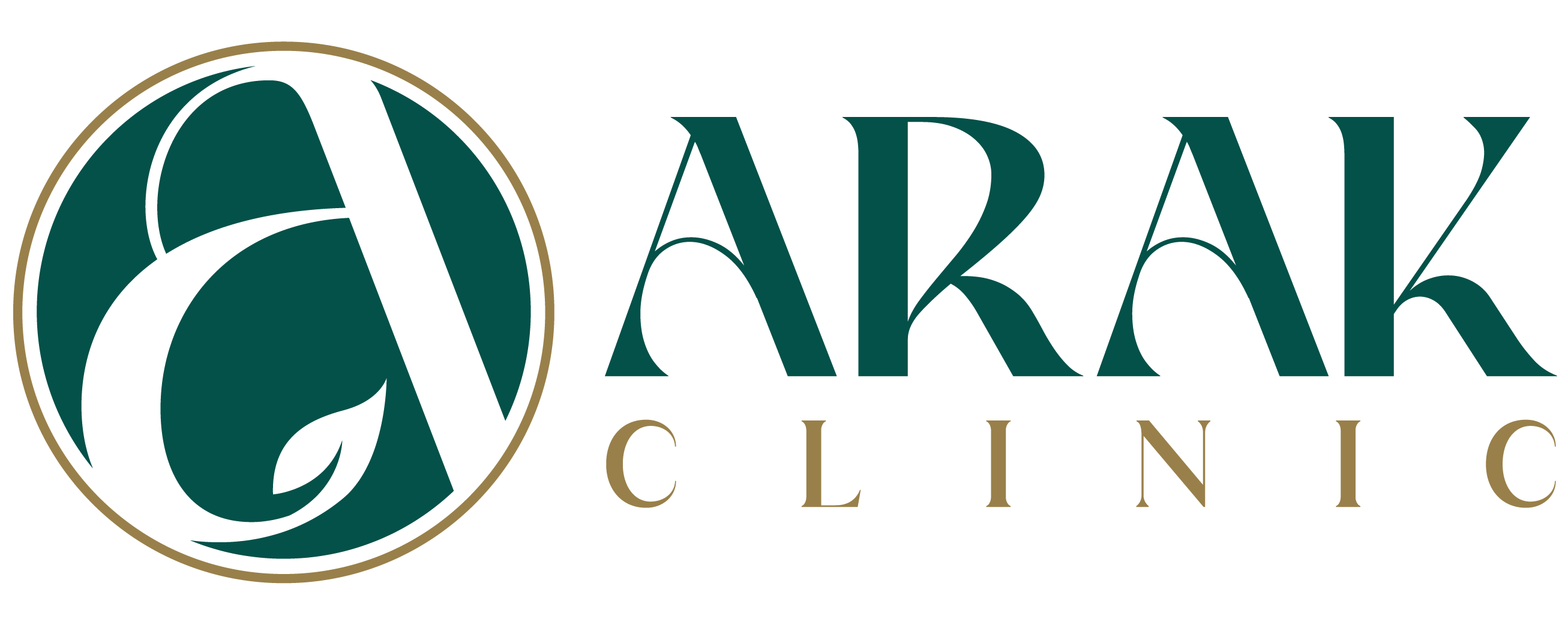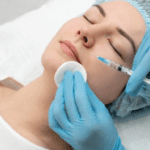How to Choose a Toothbrush
What to Look for in a Toothbrush
- For most adults, the head of the toothbrush should be 1/2-inch wide, 1 inch tall, and have a long enough handle to hold comfortably while brushing your teeth. Anything bigger can be difficult to reach your molars and anything smaller may not clean your teeth as effectively.
- Toothbrushes come in three different bristle varieties: soft, medium, and hard. Soft, nylon bristles are the best and safest choice. Medium and hard bristles can actually cause more harm than good! These stiffer bristles can cause damage to your gums and enamel—especially depending on how hard you are brushing your teeth.
- Bristles also come either rounded or straight. Rounded bristles are safer as they do not have sharp edges that can cause damage to gums and thus increase your chances for infections and inflammation.



Bristle Type and Texture
Head Size of Toothbrush
The size of the toothbrush head is crucial, as it affects how well you can reach all areas of your mouth. Opt for a toothbrush with a small to medium-sized head, as it can easily access hard-to-reach areas, including the back of your molars.
Electric vs. Manual Toothbrushes
The age-old question: should I use a manual or electric toothbrush? There are many pros and cons to each. If you have limited manual dexterity (often seen in people with disabilities or those with arthritis), electric toothbrushes can be helpful to remove plaque on your teeth. Many come with timers to ensure you are getting your full two minutes of brushing. Some electric toothbrushes also come with sensors to let you know if you are brushing your teeth too hard and damaging your enamel.
Replaceability and Durability
Toothbrushes should be replaced every three to four months or sooner if the bristles are frayed. Choose a toothbrush with indicator bristles that fade over time, reminding you when it’s time for a replacement.
Still unsure?
A good rule of thumb is to look for toothbrushes with the American Dental Association (ADA) seal of approval. If you are still unsure which toothbrush is best for you, ask your dentist. They can help guide you to the best choice for your oral health.





